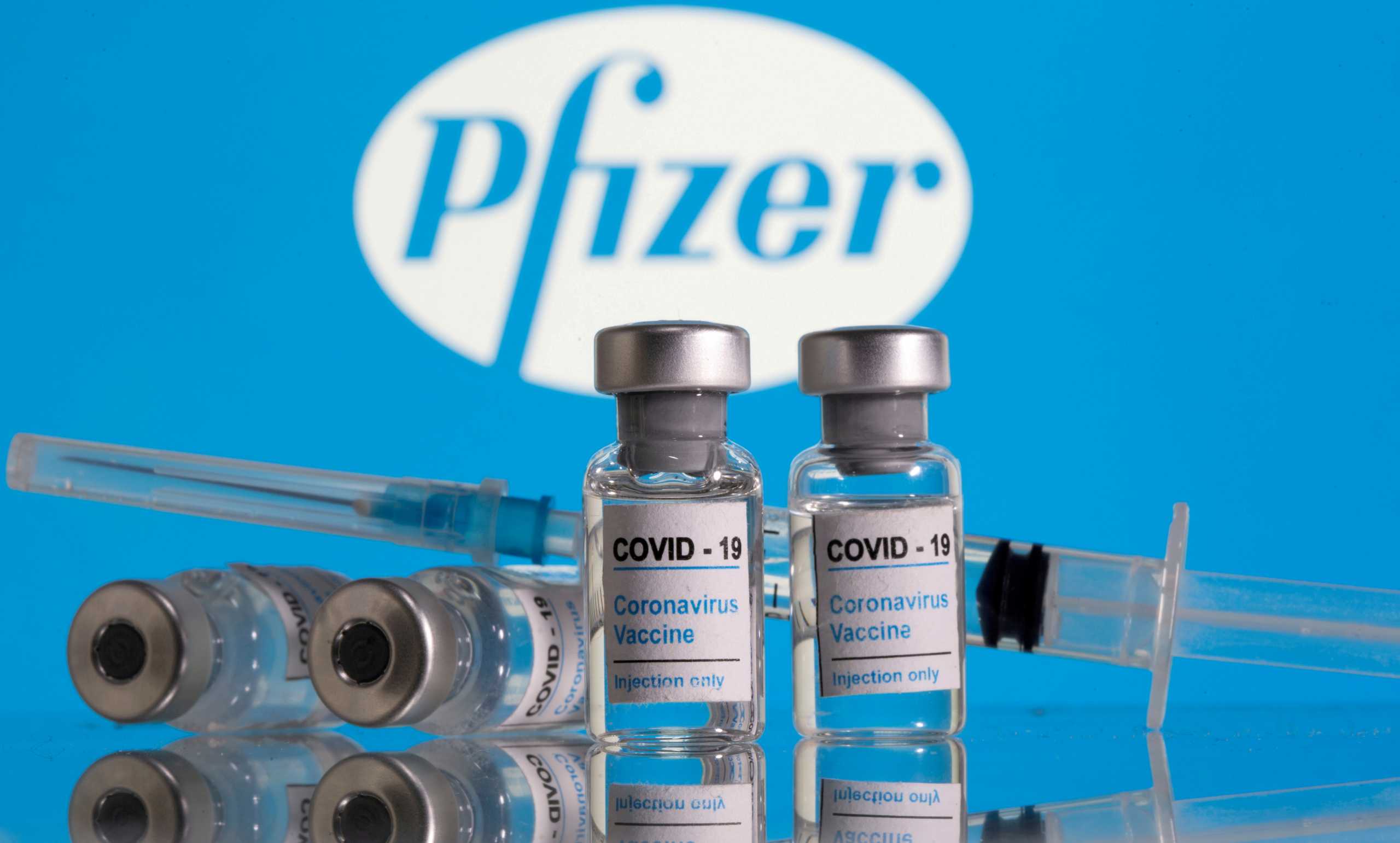Significant allergic reactions may occur in people suffering from allergies from the administration of vaccine for her coronavirus Pfizer.
This was shown by a study of the Pfizer vaccine by R. Shavit et al. National and Kapodistrian University of Athens, Theodora Psaltopoulou, Giannis Danasis, Panos Malandrakis and Thanos Dimopoulos (Rector of EKPA).
The researchers evaluated the occurrence of allergic and anaphylactic reactions after the first and second doses of the BNT162b2 vaccine in people at high risk of developing allergies. This is a prospective study conducted in Israel from December 27, 2020 to February 22, 2021. Of the 8,102 people with an individual history of various allergies, 429 were considered to have an increased risk of an allergic reaction and were vaccinated under close medical supervision for 2 hours after vaccination.
The definition of increased risk was determined based on a detailed assessment of each patient’s individual history. A person was considered to be at high risk for an allergic reaction if
1) had a history of a previous severe anaphylactic reaction to any drug or vaccine;
2) had multiple drug allergies,
3) had multiple allergies or
4) diseases related to the function of mast cells, which are involved in the occurrence of allergies.
Of the 429 participants, 304 (70.9%) were women, while the average age of all was 52 years. No anti-allergic drugs were given pre-vaccination prophylactically, such as anti-histamines. After the first dose of the vaccine, 420 patients (97.9%) had no allergic reaction, 6 subjects (1.4%) had mild allergic reactions and 3 (0.7%) had a severe, anaphylactic reaction.
During the study, 218 of the 429 patients received a second dose of the vaccine. Among them, 214 (98.2%) did not show allergic reactions, while 4 (1.8%) showed mild allergic reactions. Patients at high risk for an allergic reaction were more likely to have delayed itching and rash reactions compared to the general population.
No other differences were observed in the side effect profile compared to the general population.
In conclusion, the likelihood of an allergic reaction after Pfizer vaccination is higher in people with a history of past allergies who are considered to be at high risk for developing an allergic reaction. In any case, this group of patients can be vaccinated in appropriate medical facilities to ensure the timely treatment of a reversible allergic reaction.
READ ALSO
